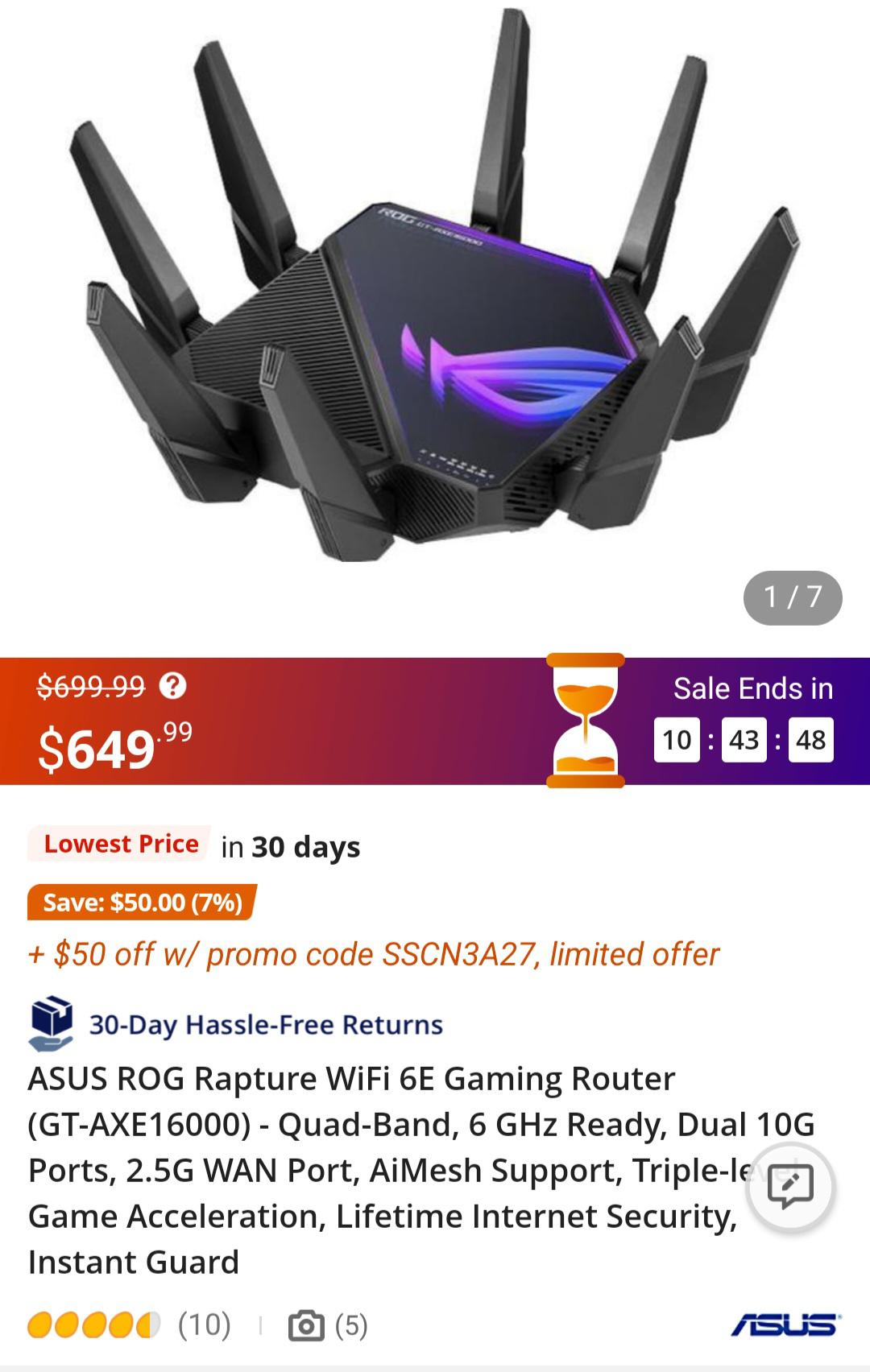Routers come in a wide price range. Understanding the difference between cheap and expensive routers can be confusing.
Choosing the right router impacts your internet experience. A cheap router may save money but might lack features. Expensive routers offer advanced technology and better performance. This blog post will help you understand the key differences. By the end, you will know which router suits your needs.
Whether you need a basic connection or high-speed internet, you will make an informed decision. Let’s dive into what sets these routers apart.
Cost And Budget
Cheap routers cost less at the start. They are good for small budgets. Expensive routers cost more. They may need more money upfront. You get more features with them. They have better quality parts. The initial price can seem high. But you may save money later.
Cheap routers can break sooner. You may need to replace them often. Expensive routers last longer. They have better build quality. They also have more features. You get better performance. Over time, you save money. You spend less on repairs and replacements. The total cost may be lower in the long run.

Credit: www.youtube.com
Build Quality
Cheap routers often have flimsy materials and poor construction. Expensive routers boast sturdy builds and durable components. This ensures better performance and longevity.
Materials Used
Cheap routers often use low-cost plastic. Expensive routers use high-quality materials like metal. This makes them more durable. Better materials can also help with heat management.
Durability
Expensive routers are built to last longer. They can handle constant use without breaking. Cheap routers may wear out quickly. They might need replacing often. Better build quality means less maintenance.
Performance
Cheap routers often have lower speed limits. They might struggle with many devices. Expensive routers offer faster speeds. They can handle more users. Speed matters for streaming and gaming. High bandwidth ensures smooth experiences. Less buffering and lag. Faster downloads.
Cheap routers can drop connections. They might need frequent reboots. Expensive routers are more reliable. They provide steady connections. Less downtime. Consistent performance. Good for homes and offices. They can manage heavy usage. More stable under stress.
Features
Expensive routers often have more advanced settings. These can include Quality of Service (QoS) options. QoS helps prioritize internet traffic. This is useful for gaming or video streaming. Cheap routers may lack such options. Limited settings can affect performance and user experience.
Security is critical for any network. Expensive routers offer better security options. These can include firewalls and VPN support. They also have regular firmware updates. Cheap routers might not have strong security features. This can leave your network vulnerable to attacks.
Coverage And Range
Cheap routers often have weaker signal strength. This means poor coverage in large homes. Expensive routers offer stronger signals. You get better coverage and fewer dead spots. This is vital for streaming and gaming.
Range extenders can help improve coverage. Cheap routers might need more extenders. This increases costs and setup time. Expensive routers often cover larger areas alone. This saves money and reduces complexity.
User Experience
Cheap routers are often harder to set up. Instructions can be unclear. Help may not be easy to find. Expensive routers usually come with better instructions. They may also have customer support for setup help. This makes the process smoother.
Cheap routers often have a basic user interface. It may not be very user-friendly. Advanced settings could be hard to find. Expensive routers offer a better user interface. It is usually easier to navigate. Settings are more accessible and understandable.
Support And Warranty
Expensive routers often come with better customer service. You may get 24/7 support. Cheap routers may not offer this. Service quality is usually lower.
The warranty period for expensive routers is longer. Sometimes, you get up to three years. Cheap routers may have only one year. Longer warranties give more peace of mind.

Credit: www.reddit.com
Use Cases
Cheap routers often lack advanced features and offer slower speeds. Expensive routers provide better performance, more security options, and greater range.
Home Usage
For home use, a cheap router can work well. It handles basic tasks like browsing, streaming, and connecting a few devices. Expensive routers offer faster speeds and better range. They are ideal for gaming, streaming in 4K, or smart homes with many devices. Families with many internet users benefit from them.
Professional Needs
Professionals often need more from their router. An expensive router provides advanced security, faster connections, and better bandwidth management. It supports multiple users and devices without lag. A cheap router might struggle with these demands. Businesses and remote workers need reliable and secure networks. Expensive routers are better for these needs.

Credit: www.reddit.com
Frequently Asked Questions
What Makes An Expensive Router Better?
Expensive routers often have better build quality, advanced features, and faster speeds. They support more devices and offer better range. They also come with enhanced security features and software updates.
Do Cheap Routers Have Slower Speeds?
Yes, cheap routers often have slower speeds. They might not support the latest Wi-Fi standards. This can affect your internet experience, especially with multiple devices.
Are Expensive Routers Worth The Investment?
Expensive routers are worth the investment for larger homes and heavy internet users. They offer better performance, reliability, and security. They can handle more devices and provide faster, more stable connections.
Do Cheap Routers Lack Advanced Features?
Yes, cheap routers often lack advanced features. They might not have parental controls, guest networks, or MU-MIMO technology. This can limit their functionality and performance.
Conclusion
Choosing the right router depends on your needs and budget. Expensive routers offer better performance and features. Cheap routers are suitable for basic internet tasks. Evaluate your internet usage before making a decision. Consider coverage, speed, and device compatibility. Investing in the right router ensures a smoother online experience.
Always prioritize your requirements and budget. Remember, both options have their pros and cons. Make an informed choice for optimal internet connectivity.
